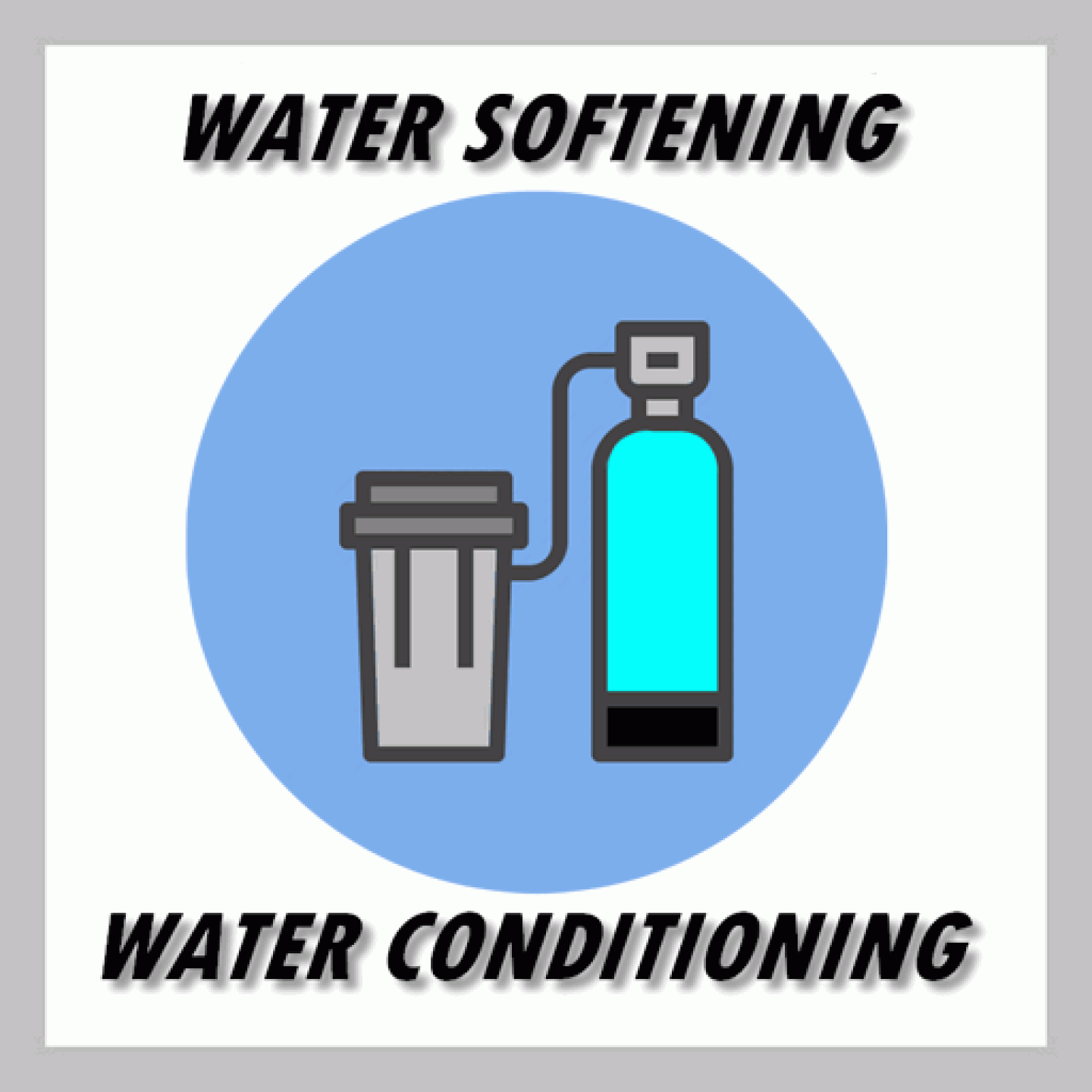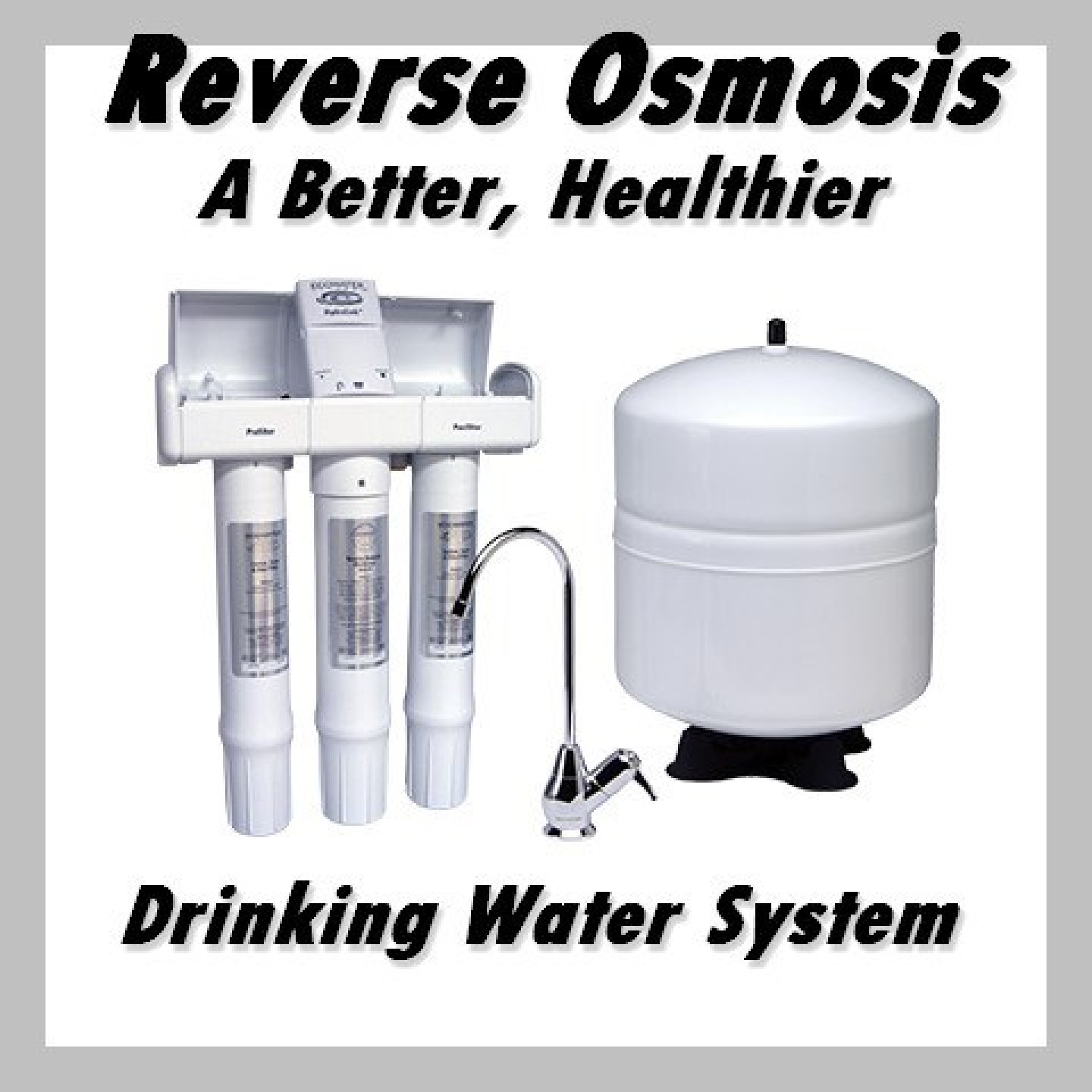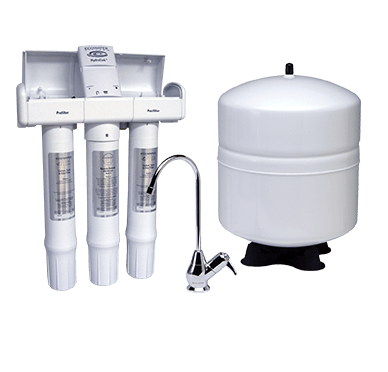What Is Water Conditioning/Water Softening?
Water conditioning is the process of removing or altering minerals, chemicals, and contaminants from a water source. Every day, it seems there is a growing concern about our water supplies containing a lot of contaminants such as calcium, lime, chlorine, ammonia, chloramines, and many other harmful chemicals. (Not all water contaminents, especially when it comes to minerals, are bad for your health, but can nonetheless be harmful to your plumbing.)
Water softening is the removal of calcium, magnesium, and certain other metals in hard water. Soft water also extends the lifetime of plumbing by reducing or eliminating scale build-up in pipes and fittings. Water softening is usually achieved using lime softening or ion-exchange resins.
There are salt-based water softeners which use brine and special resin beads in separate tanks. These beads have a negative electrical charge that attracts the positively charged mineral ions of hard water while giving off sodium ions. The attraction causes minerals such as calcium and magnesium to adhere to the resin beads as the water passes through the tank, resulting in soft water.
Salt–free water conditioners use potassium chloride and function more like a descaler than an actual water softener. This prevents minerals from depositing through the system and can cause damage.
Calcium and lime deposits over time will harm:
Pipes
Water Heaters
Faucets
Dishwashers
Coffee Pots
Sinks and showers
If you have ever seen the grainy white film on your coffee pot or on your faucet, that’s it.
How to Know if Your Water Softener is Working
The easiest way to determine how soft or hard is to look for hard water spots in your shower, or just pay attention to how you feel after a shower. Is your skin dry? Do you need more soap than usual to lather? Does your coffee pot get a water stain on the bottom? All of these are signs that your water is your water might be hard.
Are Water Softeners Going to be Banned in New Jersey?
California was the first to ban traditional salt based water softeners due to the problems salinated water can reap on farming. Texas, Connecticut, Massachusetts, and Arizona have all created laws affecting water softeners all or in part for this reason.
While there have been no efforts yet to ban traditional water softeners in New Jersey, a large portion of the state is still comprised of farming communities, and it wouldn't be unheard of for New Jersey politics to mirror those of California's on environmental issues. For this reason, you may want to consider salt-free or reverse osmosis option if replacing your water softener.



Recent Comments